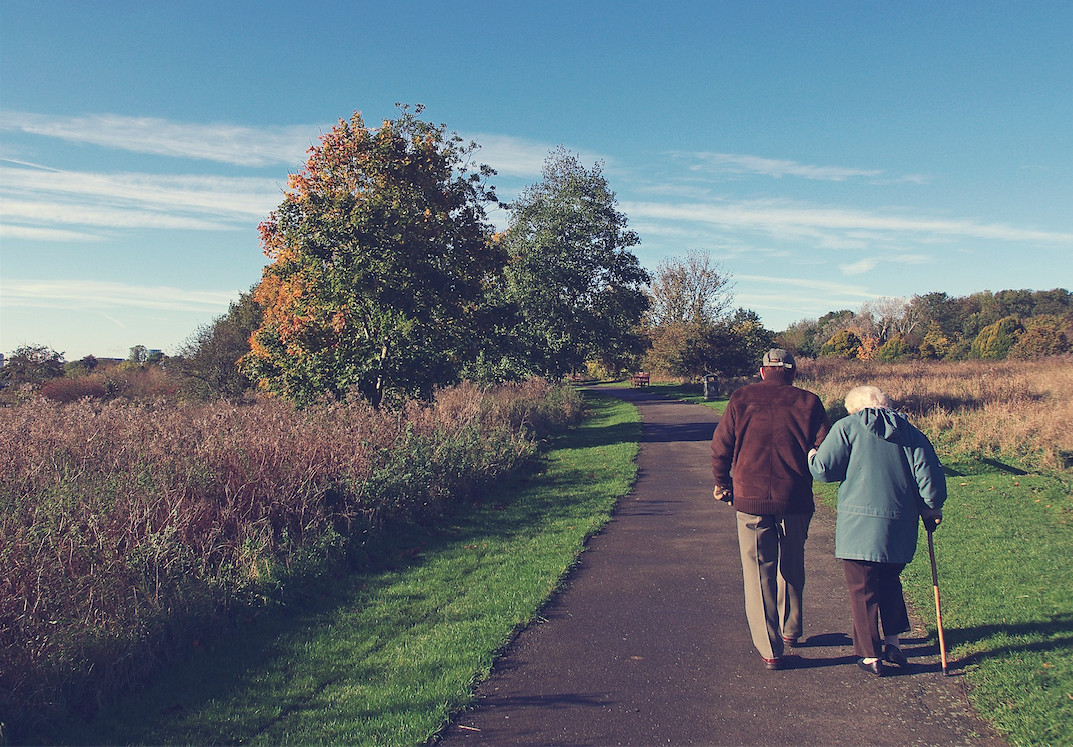Diabetes doesn’t go away with age, but the challenges of diabetes do change with time.
Does diabetes change with age?
Diabetes is an ongoing condition, and with age the challenges of managing medication and nutrition increase. If you have an elderly relative or loved one with diabetes, you might want to consider the following:
Diet
Diabetes and diet often go hand in hand, but the dietary advice for older people with diabetes may be different. Older people, especially those in care homes, can be underweight and malnourished. In these cases, reducing fat, salt and sugar may not be appropriate.
The causes of malnutrition in elderly people include:
- Poor oral health, causing pain in teeth and gums
- The effects of medication on digestion
- Mobility problems and not being able to prepare food
- Loss of dexterity
- Loss of vision
Dehydration can also be a factor, particularly during an illness. Older people may not have the energy to make drinks, and they may not want to have to visit the bathroom so often.
Keeping active
Keeping active helps in a number of ways, it builds strength that will maintain mobility and balance, and improves insulin sensitivity. Better mobility and balance improves their chances of being able to self-care, which can improve mental wellbeing.
Hypos
Elderly people have more risk factors to consider in avoiding hypoglycaemia. These include:
- Taking five or more prescription medications
- Kidney problems
- Poor diet
- Additional illnesses and conditions
Some older people even find that the warning signs that once signalled a hypo, either change or become less noticeable. This means that hypos can sometimes only be detected by a carer. The signs of hypo are:
- An inability to concentrate
- A change in personality
- Headaches in the morning
- Disturbance in sleep
These signs can be difficult to spot as your elderly relative or loved one ages, but if a hypo goes unnoticed it can cause:
- Confusion and disorientation
- Problems with speech
- Poor appetite – which compounds everything else
- Aggressive behaviour
- Falls
- Loss of consciousness
Hypos can even cause a heart attack or stroke.
It’s important to speak to a GP about your loved one’s treatment. Preventative measures can be taken, which may include making target levels for blood glucose less stringent, and altering medication to account for metabolic changes.
The ability to self care
Physical changes can affect an older person’s ability to administer their own treatment, especially as their medication might change, disrupting any previous routine. Eye conditions, which are common amongst diabetics, can cause an elderly person to be unable to read their own glucose measure, and can make self administration a challenge.
Poor eyesight can also lead to poor medication hygiene, with the result that needles and general treatment debris are left laying around.
Managing diet and medication on the good days and the off days can be a challenge, and as your elderly loved one ages their care demands will only grow. At HomeTouch we specialise in helping you to find the best, qualified self-employed carers in your local area. We take care of background checks, payment, contracts and holiday and sickness cover, leaving you to concentrate on finding the right person for the job. Care can be provided on a daily or hourly basis, depending on your needs, and we can direct you towards carers who are experienced in handling the specific medical requirements of your loved one.




